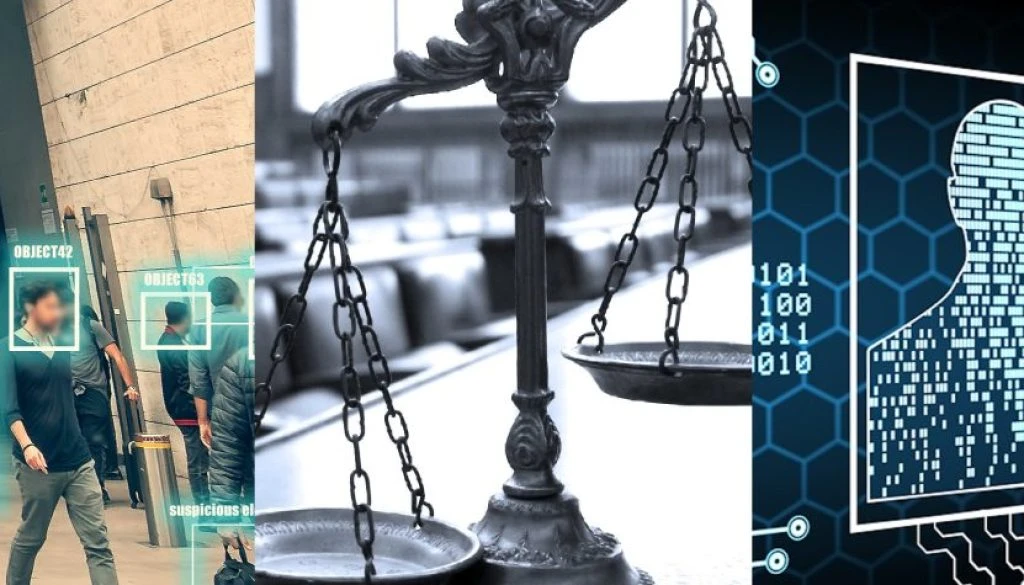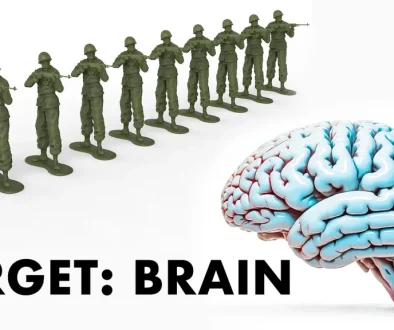Goodbye Jury Trials, Hello Digital ID: 10 “recommendations” from the Crime and Justice Commission
The Times Crime and Justice Commission was established last year, with its mission statement being to…
consider the future of policing and the criminal justice system, in the light of the knife crime crisis, a shoplifting epidemic, the growing threat of cybercrime, concerns about the culture of the police, court backlogs, problems with legal aid and overflowing prisons.
And today is that long-promised glorious golden day where they reveal their findings. The white smoke has gone up and we get to witness the result of their long hours of toil.
How are we going to fix everything?
Let’s take a look at the complete list, with some helpful annotations:
1. Introduce a universal digital ID system to drive down fraud, tackle illegal immigration and reduce identity theft;
Digital ID for everybody! It’s going to solve every problem! We’ve talked this to death, it was always going to be in here.
2. Target persistent offenders and crime hotspots using data to clamp down on shoplifting, robbery and antisocial behaviour;
That’s about surveillance. “Data” means your private data which they will get from social media companies.
3. Roll out live facial recognition and other artificial intelligence tools to drive the efficiency and effectiveness of the police;
Again, FRT was always going to feature. I’m not sure what “other artificial intelligence tools” means, but the vagueness is likely the point. “Efficiency” is the word doing the heavy-lifting in that sentence, intended to capture the pro-MAGA, pro-Musk UK crowd.
4. Create a licence to practise for the police, with revalidation every five years to improve culture and enhance professionalism;
That’s just throwing something out for the “other side”. So far it’s all just more powers for the police and courts, this adds some faux accountability framework into the mix to make it look fair.
5. Set up victim care hubs backed by a unified digital case file to create a seamless source of information and advice;
Same as above, with some extra seasoning for the digital identity sales pitch thrown in.
6. Introduce a new intermediate court with a judge and two magistrates to speed up justice and reduce court delays;
This is about replacing trial by jury, and that’s all it’s about. It’s something they’ve been wanting to do for years and keep making excuses to try.
7. Move to a “common sense” approach to sentencing with greater transparency about jail time, incentives for rehabilitation and expanded use of house arrest;
Not sure what this means in real terms, but any use “common sense” in this kind of document should always raise an eyebrow. As should the idea of “expanded use of house arrest”.
8. Give more autonomy and accountability to prison governors with a greater focus on rehabilitation and create a College of Prison and Probation Officers;
No idea what this means yet. Could be about more prison-based work programs (a la private prisons in the US), could just be fluff between important parts.
9. Restrict social media for under-16s to protect children from criminals and extreme violent or sexual content;
Again, very predictable. And, again, very dishonest. As we’ve said a thousand times, “restricting social media to under-16s” – in practical terms – means everyone on social media has to verify their age. So bye-bye online anonymity.
What’s surprising about this is, despite this report supposedly being written for the last year or more, it chimes in exactly with the topical political discussion around Adolescence. I suppose that means one of three things:
– The report was re-written at the last minute to hit topical talking points.
– It was all orchestrated ahead of time to sell an agenda.
– It’s all a coincidence.
…and we’ll never know which.
10. Raise the minimum age of criminal responsibility to 14 to take account of new developments in neuroscience.
And we end on a flat note, because I’m not sure what the broader implications of this would be yet. Could be more soft-sounding padding to water down the tyranny, could be something darker. I guess we’ll find out.
*
So, list completed, let’s review. how are we going to fix everything?
We’re going to replace jury trials.
We’re going remove online anonymity and legally limit access to social media
We’re going introduce facial recognition technology.
And we’re going to implement mandatory digital identity.
Yes, to the surprise of absolutely nobody, the report’s much-anticipated list of “recommendations” amounts to “we should do everything we’ve been planning to do for years”.
Now, some people might argue “it doesn’t matter what this commission recommends, they aren’t officially in power”. And that might be a fair point if being “in power” really meant anything.
Besides, the Lord Chancellor has already said that some of these recommendations will likely be made law in the near future.
Shall we try and guess which ones?





